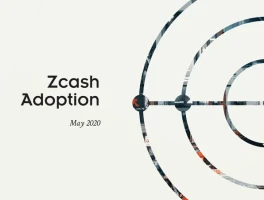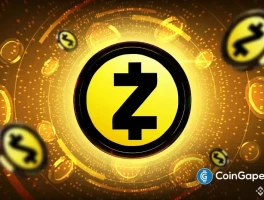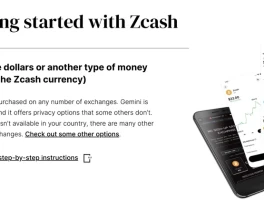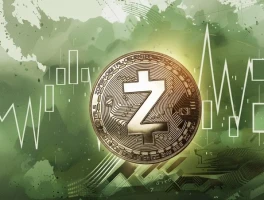Alright, buckle up, folks! Because something truly remarkable is happening in the world of crypto, and it’s got me buzzing with excitement. Zcash, remember that privacy-focused coin that's been quietly humming along for years? Well, it just EXPLODED. We're talking a tenfold increase in value in just five weeks. Five weeks! It’s like watching a seed you planted years ago suddenly sprout into a giant redwood.
The numbers are staggering. A 33% surge on a single Friday, hitting nearly $735, triggering over $50 million in short liquidations. That's enough to make even the most seasoned crypto watcher sit up and take notice. And while Bitcoin and Ethereum still lead in overall liquidations, Zcash is right there in the mix, proving it’s not just some flash in the pan. But is it a true privacy revolution, or just a temporary blip on the radar? That's the million-dollar question, isn't it?
The Privacy Imperative
Why the sudden surge? Well, several factors seem to be converging. First, there's a growing unease about Bitcoin's centralization. The original cypherpunk dream of a truly decentralized, private currency seems to be fading as corporations and governments increasingly embrace—and potentially control—it. As Galaxy Digital analyst Will Owens put it, Zcash is stepping up as a "spiritual successor," borrowing from Bitcoin's core but doubling down on privacy.
Zcash achieves this with zero-knowledge proofs—in simpler terms, it's a cryptographic technique that allows transactions to be verified without revealing any sensitive information about the sender, receiver, or amount. It's like proving you know the answer to a puzzle without actually showing the puzzle itself. And with the recent NU5 upgrade, which implemented the Halo 2 proving system, Zcash has become even more efficient and user-friendly. Adoption of shielded addresses is rising, meaning more and more people are choosing to transact privately.
Then, consider the broader context. Compliance-heavy regulations are tightening around crypto. As the walls between traditional finance and crypto crumble, governments are getting increasingly nosy. The EU's AML package, for instance, is set to tighten restrictions on anonymity-enhancing coins through 2027. In this environment, it’s no surprise that people are seeking out alternatives that offer greater privacy.
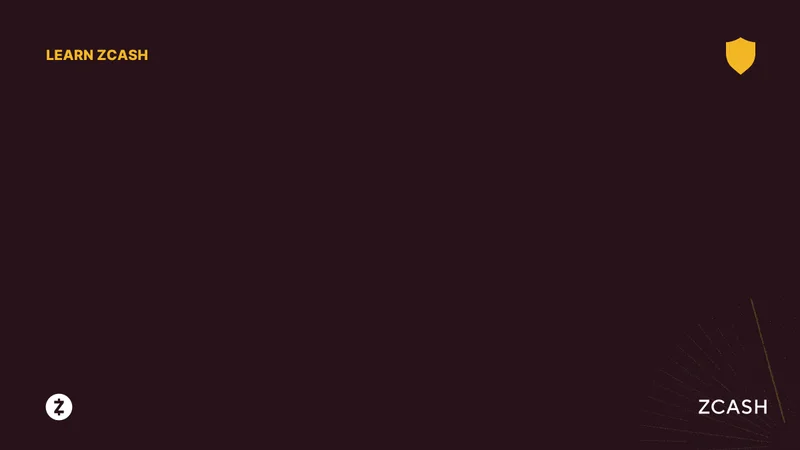
And, frankly, I think there's something deeper at play here. Privacy isn't just about hiding something; it's about freedom. It’s about the right to transact without being tracked, monitored, and controlled. It’s about reclaiming our digital sovereignty. And with events like the harsh sentencing of Samourai Wallet developer Keonne Rodriguez, it's clear that the stakes are higher than ever. The maximum sentence requested by President Trump's Department of Justice sends a chilling message about the future of privacy-focused crypto development.
But it's not all sunshine and roses. Privacy coins face significant challenges. Regulatory pressure is mounting, and exchanges are increasingly wary of listing them. As Privacy coins surge 80%: Why Zcash and Dash are back in the spotlight notes, regional delistings have already occurred, and support can change with little notice. And let’s be honest, using privacy features correctly can be tricky. Zcash privacy is opt-in, and Dash's CoinJoin requires manual configuration. One wrong step, and you could expose your metadata.
Now, I know what some of you are thinking: "Privacy coins are just for criminals!" But that's a gross oversimplification. Privacy is essential for journalists protecting their sources, activists organizing against oppressive regimes, and ordinary people who simply want to keep their financial lives private. Remember when HTTPS became the standard for websites? Some people said encryption was only for criminals, but now we see it as a fundamental security feature for everyone.
So, what does all this mean? Is Zcash the future of finance? Well, I wouldn't go that far just yet. But I do believe it represents a crucial step towards a more private, decentralized, and equitable financial system. It's a reminder that technology can be used to empower individuals, not just corporations and governments. And that's something worth getting excited about. When I look at Zcash I see a technology that is not just about money, but about the very principle of freedom.
A Glimmer of Hope for a More Private Future
This isn't just about Zcash; it's about a fundamental shift in how we think about privacy in the digital age. The surge is a sign that people are waking up to the importance of privacy and are actively seeking out solutions that protect their rights. But it also means that we have a responsibility to use these technologies wisely and ethically. The future of privacy is in our hands, and it's up to us to shape it.

